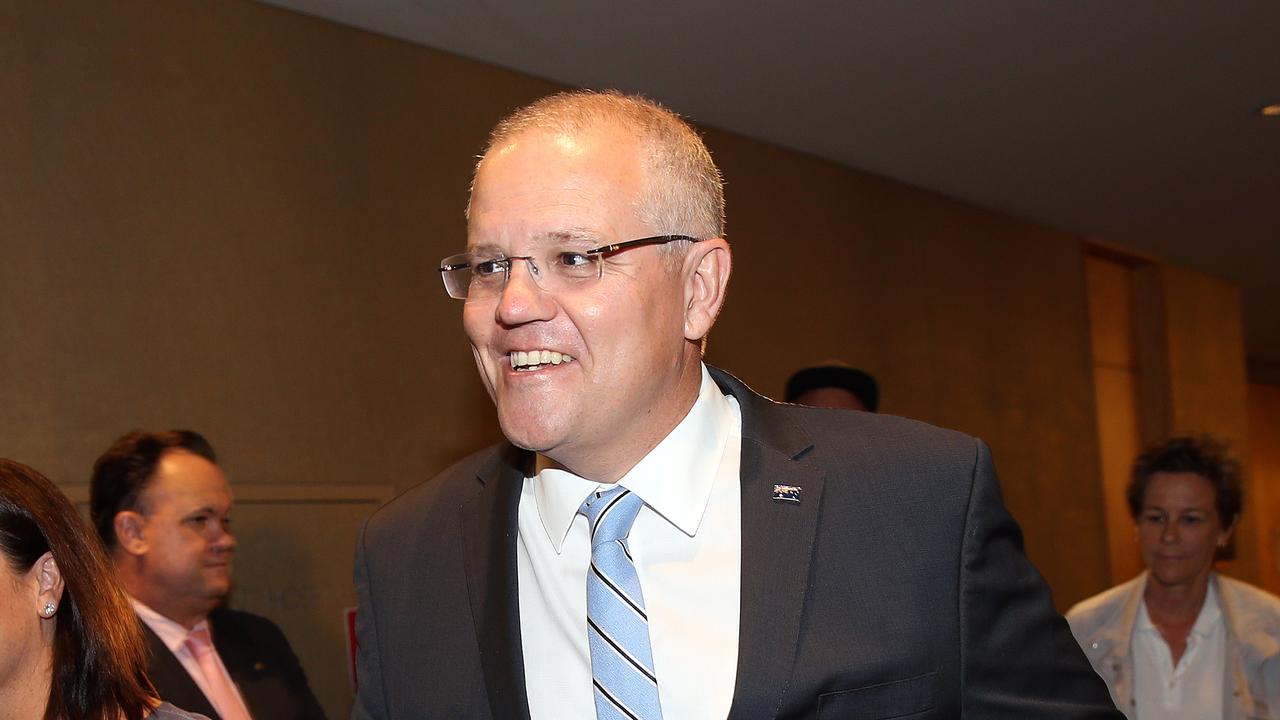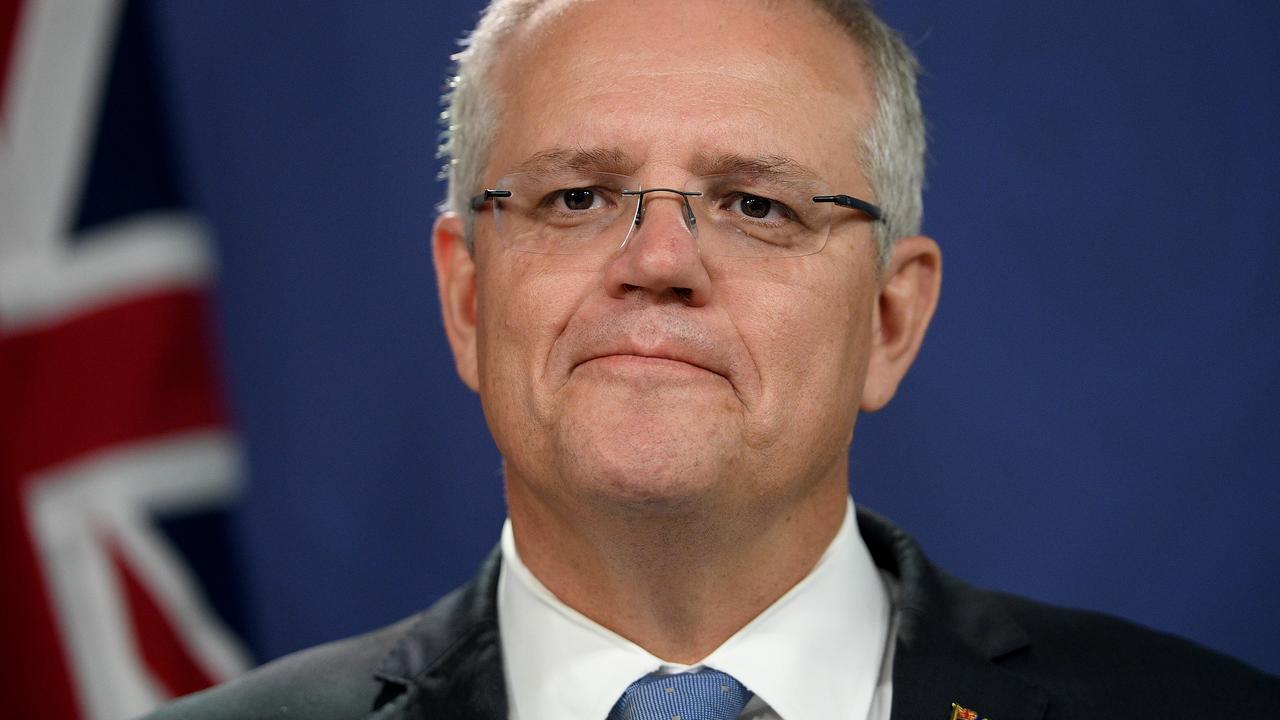In publicly calling for Barnaby Joyce to “consider his position” and introducing a ban on ministerial office sex, Malcolm Turnbull has tried to push out the troublesome Nationals’ leader and demonstrate moral and political leadership.
The Prime Minister is desperate to end the political saga of the Joyce love affair and offer appeasement to voters angry at yet another tawdry political soap opera. He also wants to appeal to women on behalf of all wronged women, to be seen to be setting a new moral standard, and, most of all, not appear to be weak.
After a train wreck in parliament where Turnbull announced the Deputy Prime Minister would take leave next week and not be acting prime minister in Turnbull’s absence overseas, Joyce’s private and ministerial lives were further dissected. Joyce was forced to fend off more insinuations from Labor, and Turnbull fumbled hopelessly through his iPad looking for an answer that wasn’t there. The Coalition was in shock.
Having failed to either resolve the issue of Joyce’s leadership or prepare a detailed defence to the inevitable questions about Joyce’s ministerial conduct, Turnbull was left looking weak and disordered.
The last parliamentary sitting day of the Joyce affair was even worse than the first, with Joyce scrambling later to explain he was going on “personal leave”, something Turnbull hadn’t said, and Turnbull contradicting himself within 48 hours of giving a double assurance to parliament of his confidence in Joyce and his role as acting prime minister.
Nationals MPs have given Joyce a stay of execution, not a full pardon, and Turnbull’s growing frustration and inability to act only fed Bill Shorten’s most effective lines against the Coalition that they are chaotic, and Turnbull is weak.
There is a clear lack of preparation and co-ordination in Turnbull’s political attacks and defences as the Prime Minister contradicts himself, his ministers and his own office.
Leave for Joyce was never going to solve the problem. The government has to either declare him totally innocent or provide evidence that he has not breached standards where there is a clear conflict of interest.
Indeed, it is such a clear conflict of interest that Turnbull felt moved to change the ministerial code of conduct and ban sex between ministers and their staff — a notion from the US he derided last week — as he thrashed about looking for a way out.
Instead of hard words and a tough line with his Coalition partner about how to save the government’s fortunes regardless of formal arrangements, Turnbull chose to appeal to a sentiment about workplace sexual harassment or relations.
Being told to consider your future publicly is no longer even political code for resignation; that’s what it means, and yet Turnbull couldn’t tell Joyce to go to the backbench as they discussed the lame and pointless alternative of taking leave.
Turnbull got one thing right when he said the whole story was really about Joyce’s personal behaviour and the devastation he had wrought on his wife, daughters and new pregnant partner.
It’s been about the sex, the media is titillated, women voters are upset, the Coalition is feeling the heat on values, Turnbull is embarrassed and Labor is not exempt from the emanations from the swamp.
Turnbull’s ban is hopelessly flawed and impossible to implement because it’s full of holes and puritanical bedroom peeping that might trend on Twitter but will not pass the pub test.




To join the conversation, please log in. Don't have an account? Register
Join the conversation, you are commenting as Logout